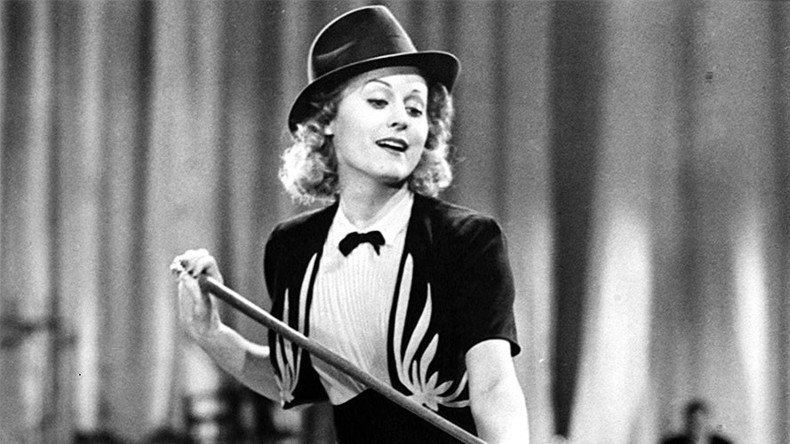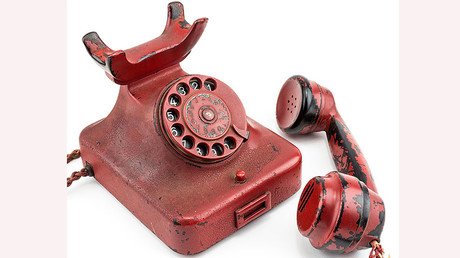Nazi-era film star Marika Rokk exposed as ‘Soviet spy’ – report

Newly declassified records reportedly show that Marika Rokk, the incarnation of glamour and coquetry who was one of the brightest stars in the Third Reich and post-war West Germany, played another important role off screen – that of a Soviet agent.
An old file from 1951 seen by German newspaper Bild says she had “connections to Soviet authorities” that allegedly indicated some “intelligence activity.” The documents had been kept under lock and key for over five decades.
Rokk was allegedly recruited as a KGB agent by her manager, Heinz Hoffmeister, who was already working for Soviet intelligence. Her husband, film director Georg Jacoby, whom she met on the set of Kora Terry, is thought to have spied along with her.
While it is unclear what role Rokk might have played in the espionage, the network of agents she was a member of, called Krona, was involved in passing top secret military intelligence on to the USSR, including plans for Operation Barbarossa (the code name for Nazi Germany’s invasion of the Soviet Union during World War II) and the Battle of Kursk.
The Egyptian-born diva of Hungarian descent started her career as a dancer at the Moulin Rouge cabaret in Paris before heading to Broadway to polish her dancing and acting skills.
Nazi propaganda minister Joseph Goebbels, who was a big fan of American cinema, was desperate to prove that Germany had its own breed of movie icons that could rival the success of Hollywood’s biggest stars: Rita Hayworth, Betty Grable, Ginger Rogers, and Alice Faye.
With her charm and charisma, Rokk was just what the doctor ordered, and in 1935 her German film debut, Leichte Kacallerie (Light Cavalry), catapulted the rising operetta star to fame.
Rokk won praise for her roles in the films Kora Terry (1940), Women Are Better Diplomats (1941), and The Woman of My Dreams (1944). However, she was banned from acting for two years after the war because of her association with the Nazi regime.
Rokk performed in over 35 films before her death in Austria in 2004.
In 1951, the star said she had decided to give up acting to open a knitwear shop, but the intelligence report says this was simply a “clever cover-up” for spying.













